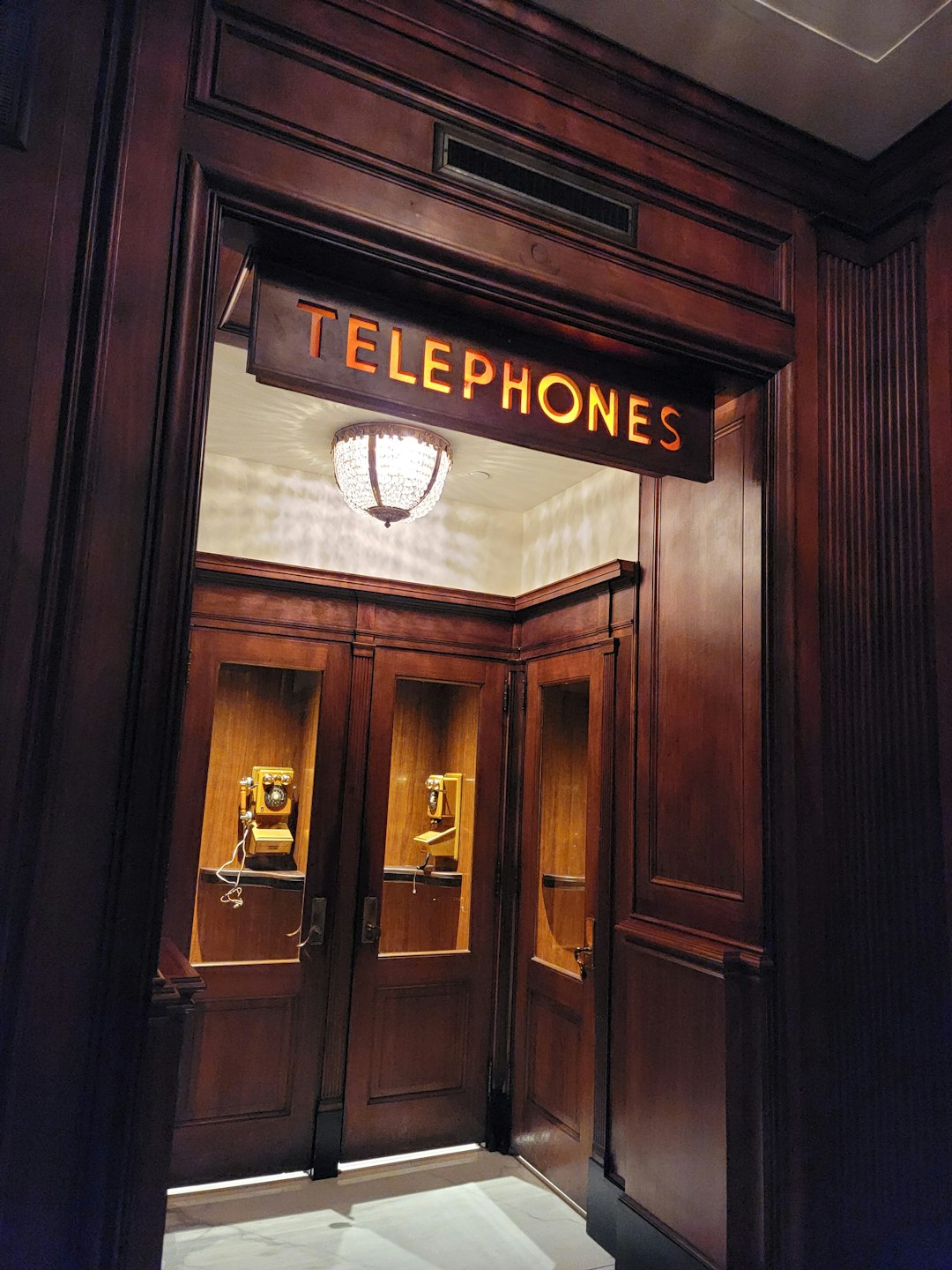Robocalls in Chicago are regulated by federal laws like TCPA, offering consumers protections from excessive or deceptive automated calls. Call blocking is a powerful tool for landline owners to curb robocalls and unwanted marketing calls. Before implementing call blocking, check with your service provider and update settings regularly. Along with technological barriers, consulting a lawyer specializing in robocall Chicago cases provides robust legal protection against harassing phone calls from telemarketers and collection agencies.
“Tired of unwanted robocalls disrupting your Chicago home? Learn how to take control with call blocking technology. This comprehensive guide navigates the legal landscape of robocalls in Illinois, highlighting their potential harassment and fraud implications. Discover the numerous benefits of call blocking for landline users in Chicago and prepare your phone for a quieter future. From setting up advanced filtering to exploring alternative solutions, we empower you to block unwanted calls effectively. Consult a lawyer for robocall Chicago issues for peace of mind.”
Understanding Robocalls and Their Legal Implications in Chicago

Robocalls, or automated phone calls, have become a pervasive and often unwanted nuisance for many Chicago residents. While some robocalls promote legitimate services or organizations, others are used for fraudulent activities, including scams, identity theft, and deceptive marketing tactics. In Chicago, as in many parts of the country, these automated calls are regulated by federal laws designed to protect consumers from overwhelming and misleading phone traffic.
Under the Telephone Consumer Protection Act (TCPA), there are strict guidelines regarding when and how businesses can use robocall technology. A lawyer for robocall Chicago can help you understand your rights under this legislation. Violations of TCPA can result in significant penalties for businesses, but it’s equally important to know that consumers have legal recourse if they experience excessive or unauthorized robocalls. Understanding these laws is crucial for navigating the complex landscape of phone privacy and protecting yourself from potential legal implications.
Benefits of Call Blocking for Chicago Landline Users

Call blocking is a powerful tool that can significantly enhance the user experience for Chicago landline owners, especially in today’s age of relentless robocalls and unwanted marketing calls. For those who have grown weary of constantly interfering with automated messages or sales pitches, setting up call blocking on your landline offers a much-needed solution. A lawyer for robocall Chicago can guide you through the process, ensuring that you make the most of this feature.
By implementing call blocking, residents can enjoy increased privacy and peace of mind. It allows users to block specific numbers or types of calls, such as unknown callers, telemarketers, or even frequent spammer attempts. This simple yet effective measure can reduce the number of interruptions during personal time, work hours, or moments when you simply want to avoid external distractions. Say goodbye to unwanted calls and regain control over your communication experience.
Preparing Your Landline for Call Blocking

Before you begin blocking calls, ensure your landline is prepared and ready to receive this feature. First, check with your service provider to confirm they offer call blocking services and understand any associated fees or plans. Many providers in Chicago offer this as a part of their customer care packages, especially for frequent robocall recipients—a lawyer for robocall Chicago can be an excellent resource here.
Once confirmed, log into your account online or contact their support team to activate the call blocking feature. You may need to follow some simple steps to customize your preferences, such as specifying numbers you wish to block or allowing certain types of calls through. Regularly review and update these settings to ensure they align with your needs, especially as new robocall strategies emerge.
Setting Up Call Blocking: Step-by-Step Guide

Setting up call blocking on your Chicago landline is a straightforward process that can significantly enhance your privacy and reduce unwanted calls, especially from robocalls, which are a common nuisance for many residents. Here’s a step-by-step guide to help you take control of your phone line:
1. Log in to your online account with the phone service provider. Most companies offer this option through their official website or mobile app. Locate the ‘Call Management’ or ‘Blocking’ settings, as they may be listed under different names depending on the provider.
2. Identify the specific types of calls you want to block. This could include local, long-distance, or international numbers, and even specific areas known for high robocall activity. Some providers offer pre-set blocking options, while others let you customize your preferences. For instance, if you’re dealing with a lawyer for robocalls in Chicago, ensure this number is added to your block list.
3. Once selected, save your changes. Your phone service provider will then activate the call blocking feature on your landline. Test it by making a test call from a known number and an unknown source to confirm the effectiveness of the blocking settings.
Alternative Solutions and Additional Tips for Chicago Residents

If traditional call blocking methods aren’t enough, Chicago residents have several alternative solutions at their disposal. One option is to register with the National Do Not Call Registry, which can help block unwanted calls from telemarketers and collection agencies. Additionally, installing a call filtering system or using specialized apps designed to identify and block robocalls can offer greater protection.
For more robust protection against persistent or harassing calls, consider consulting a lawyer for robocall in Chicago. Legal action can be taken against companies that make unwanted or misleading calls, and such professionals can guide you through the legal process to ensure your rights are protected. Combining these strategies—from technological barriers to legal counsel—can help create a comprehensive defense against intrusive phone calls.






